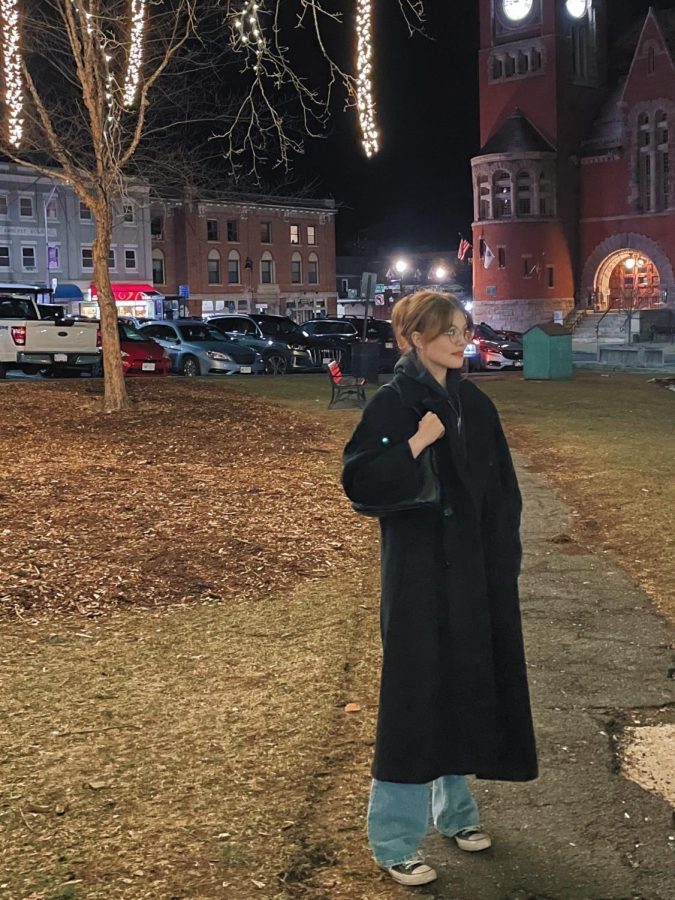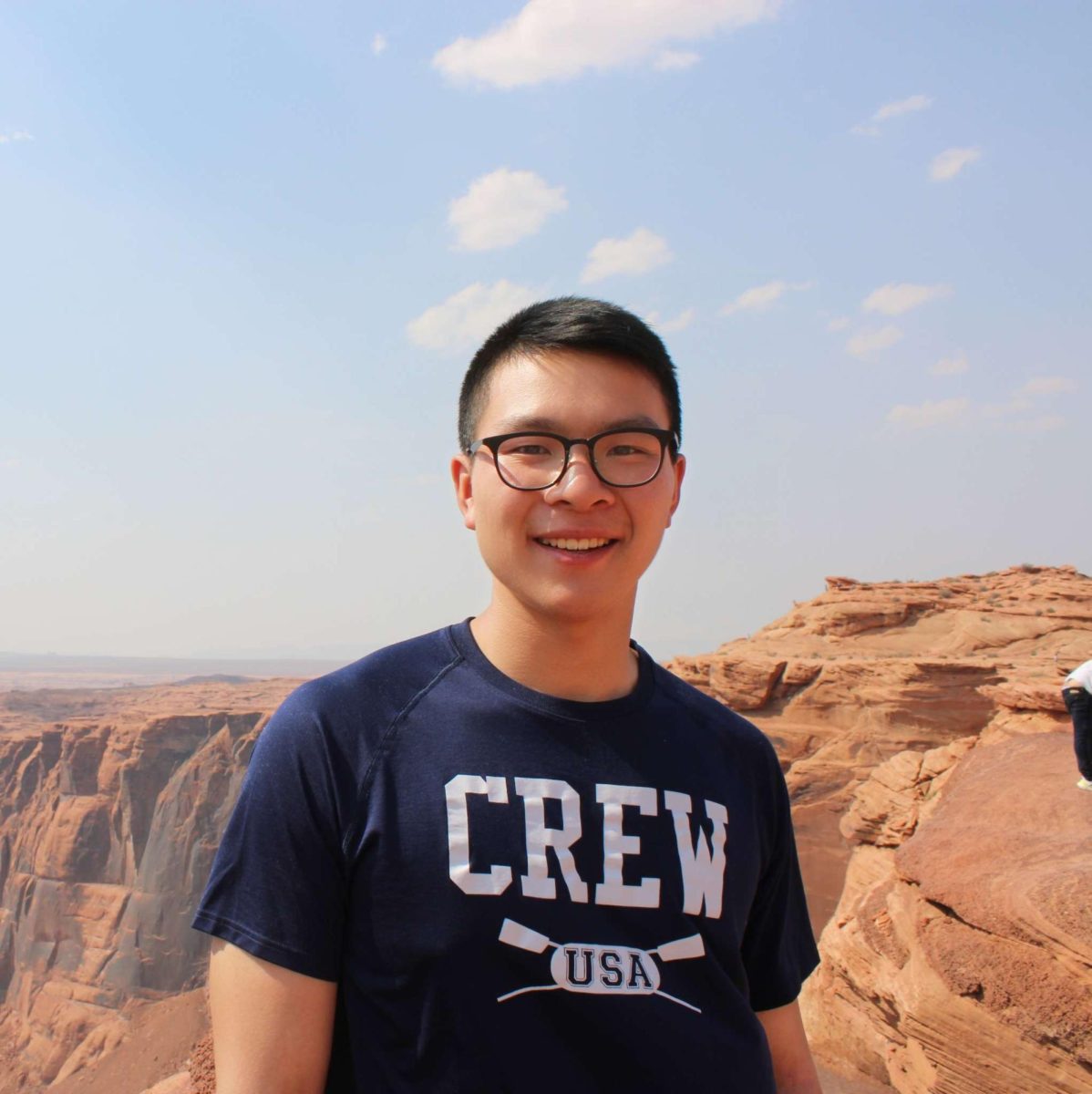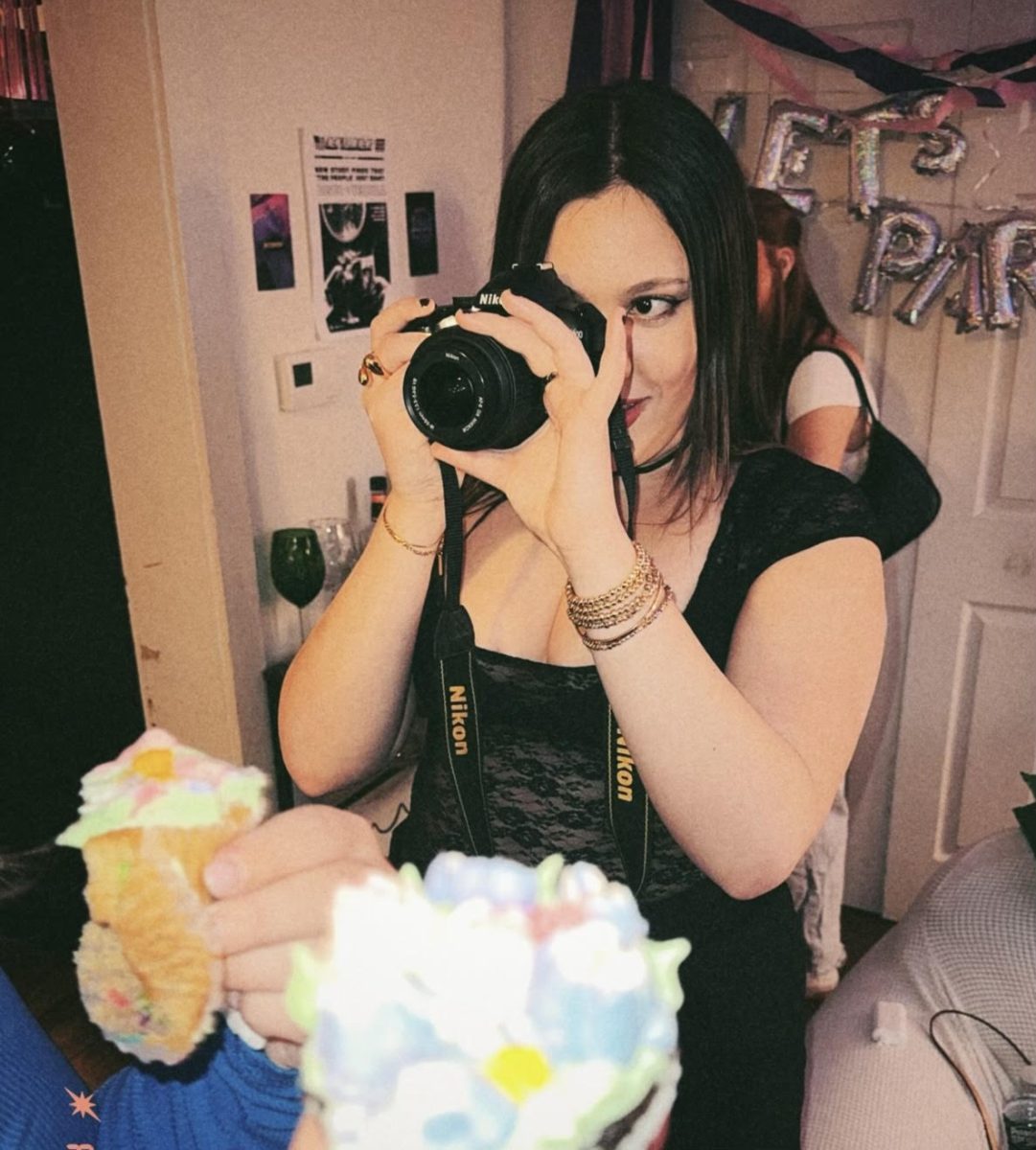I’ve probably seen every single teen drama released between 1990 and 2000. This is, in large part, thanks to my mom who regards the ‘90s as the golden age of media. I’ve rarely written about television shows for the Massachusetts Daily Collegian, in part to hide the fact that I have awful taste in them. Sure, I’ll watch the latest critically acclaimed HBO series, but most of the time, I can’t help but gravitate towards nostalgic, adolescent shows that premiered years before I was born.
There’s a recurring plot in teen dramas in which the main characters graduate high school around the fourth season and embark on their college journey. This transition to college often results in a rough patch for the show. The formula changes, the setting is unfamiliar, the conflicts are suddenly much larger and more “grown up” than silly high school troubles.
Sometimes this sudden change erases the quaint charm that made a show likable in the first place, like in “Sabrina the Teenage Witch.” Other times, it elevates a show and allows for greater character development, as it did for “Gilmore Girls” and “Buffy the Vampire Slayer.”
The show I happened to be watching during my sophomore year at the University of Massachusetts was “Dawson’s Creek.” Although the show’s titular character is the mildly annoying aspiring filmmaker, Dawson, I’ve always viewed his best friend, Joey, as the real protagonist.
Joey is nervous and quiet and doesn’t see herself as anything special. Yet the show’s most impactful moments almost always center around her. I identified strongly with Joey — we have the same stubbornness, the same pessimism, the same obsessive need to love and be loved with intensity.
Unlike the typical teen drama, “Dawson’s Creek” split up its core group of characters when they went off to college. Joey, introverted and a borderline shut-in, spends much of her time alone, in class or reluctantly tagging along with her social butterfly of a roommate. I spent most of my freshman year at UMass the same way. A pervasive feeling of loneliness followed me through most of my time here. I worried that I was wasting the best years of my life, that I should be doing more, that I had some fundamental flaw that made it impossible for me to enjoy college in the way that everyone else seemed to.
I would sit in the open walkway of Tobin Hall’s second floor and stare out at the sunset. Sometimes, I would call my mom and tell her about my classes or what I was writing for the Collegian. Sometimes, I would just cry. No one ever walked by or interrupted me. The gray concrete walls and matching benches were uninviting and didn’t appeal to anyone else.
I went to Tobin Hall at the beginning of my junior year; It was like all the other times. I leaned against the concrete railing and looked out at the empty lacrosse field. It was October, and I was freezing. I felt that I had reached one of those points in my life where you start to separate everything as being “before” or “after.” I didn’t call my mom, and I didn’t cry. Instead, I walked towards the center of campus, all the way to the pond.
As I stood by the edge of the water, I thought about all the times I had watched a scene like this in some teen drama. I imagined myself as Joey — a silly, fleeting thought that was oddly comforting. I imagined her, or myself, staring into the distance as the bustle of college life passed by, having some kind of epiphany that would carry either of us through whatever awful situation we were in. After five or six seasons, scenes like that start to lose their impact. The characters have been there before, and you know they’ll be alright in a couple episodes. Of course, this isn’t the end. The show never ends on such a melodramatic, hopeless note. I thought of my own life as a TV show that had only just started. The season may have ended, but the show would keep going.
I have so many seasons left, undoubtedly filled with high and lows which will likely rival even the most histrionic of network dramas. That was the last time I went to Tobin Hall.
In most respects, college was not what I thought it would be. It was not the shining, life-changing, endlessly exciting experience that it’s often made out to be. The days where I wished I could just fast forward to graduation far outnumbered the days where I felt lucky to be here. I wonder if I should have appreciated the last four years more than I did. I walk past my freshman dorm and feel painfully nostalgic, despite knowing how many nights I spent lying awake, anxious and dreading the years to come. I think about the parties I hated going to and the astronomy class I didn’t want to take with a strange kind of longing.
The Collegian was the only real constant during my time here. I signed up on a whim at the activities fair my freshman year and knew instantly I’d be sticking around for as long as I could. As with most things at UMass, I loved it and I hated it. I’ll remember the Collegian like I suspect I’ll remember most things about college — more fondly than I, a terrible cynic, care to admit. I’ve met unforgettable people, written pieces I can be proud of and have been exposed to things I would’ve otherwise never known. I’m grateful for all the writers and editors who have come through the arts section in the last four years. James, Shannon, Samourra and Laleh — you’re some of the most welcoming, friendly, talented people I know. You’ll all go on to do wonderful things, both at the Collegian and outside of it.
The teen drama rarely extends into post-college life. I don’t feel prepared, and I don’t know what to expect. Thinking about your life as if it’s a TV show has some pitfalls. Although I’ve dreamed about graduation for four years, I never stopped to think about how confusing and terrifying it would be.
The overly sentimental theme song of “Dawson’s Creek” is Paula Cole’s five-minute long ballad “I Don’t Want To Wait.” It’s a strange choice for the opening credits of a teen drama, with lots of wailing and dreamy background vocals that plant it firmly in the genre of ‘90s singer-songwriter angst. Most of the verses tell the story of a wife whose husband is away fighting World War II. Like I said, it’s a weird choice for “Dawson’s Creek.” The chorus begins with, “I don’t want to wait for our lives to be over / I want to know right now, what will it be?”
My college experience involved a lot of waiting. Waiting for summer, waiting for the next semester, waiting for graduation. At 18, the prospect of sitting around waiting for four years felt like torture. I gave up on trying to enjoy my time here early on. But amid all that waiting, there was joy and comfort — people I met, things I wrote and could be proud of, experiences I never would’ve had otherwise, the Collegian.
Eighteen-year-old me thought I only had four years of waiting left, but as I get closer to graduating, I’m realizing that a whole lot of life is waiting. I’ve come to the conclusion that you can’t let it stop you from actually living. I don’t want to wait, but if UMass has taught me anything, that’s when the good stuff tends to happen.
Molly Hamilton can be reached at [email protected].




















